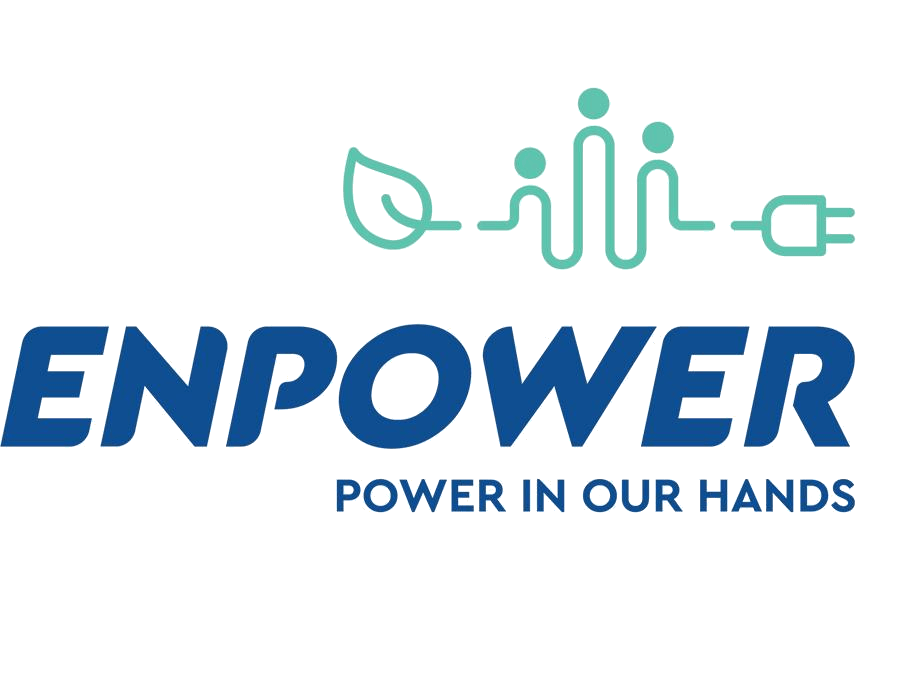ENPOWER
(Energy Activated Citizens and Data-Driven Energy-Secure Communities for a Consumer-Centric Energy System)
Increases in energy efficiency can result in decreased carbon emissions by lowering grid demand. In P200, the fourth wave of energy efficiency is defined as the ubiquitous connectivity of grid-edge devices. With billions of connected devices, such as smart thermostats, heat pumps, appliances, and vehicles, there is growing potential for increased efficiency through demand response, defined in this report as an alteration in electricity usage in response to a signal, motivated by grid or electricity market needs. Consumer engagement is key to the widespread implementation of distributed demand response; however, mechanisms to aggregate and manage distributed devices are required in order to take advantage of this potential.
The goal of ENPOWER is to design, develop, and demonstrate a variety of social sciences and humanities-driven methodologies, tools, and services for a consumer-centric energy system. With a focus on energy-activated citizens and data-driven, energy-secure communities, ENPOWER aims to increase local and system-level energy efficiency, as well as the security of the supply. ENPOWER combines leading-edge ICTs technologies (Internet of Things [IoT], artificial intelligence [AI], big data, DLT/blockchains) with a social/behavioural dimension, and with the sharing economy and value-stacking governance and business models.
EPRI Europe participation
As part of the ENPOWER project, EPRI Europe will work on a pilot in Ireland that focuses on the agricultural, transport, and residential sectors, in collaboration with MaREI, DINGLE HUB, EPRI member ESB, and Incubatnergy Labs participant DCSix. This pilot will demonstrate an approach for community engagement in the Dingle Peninsula that encourages the adoption of privacy-preserving tools for automated interoperable demand-response.
EPRI related programs

Duration
Funding Programme
Grant Agreement
Website
https://www.enpower-project.eu/
